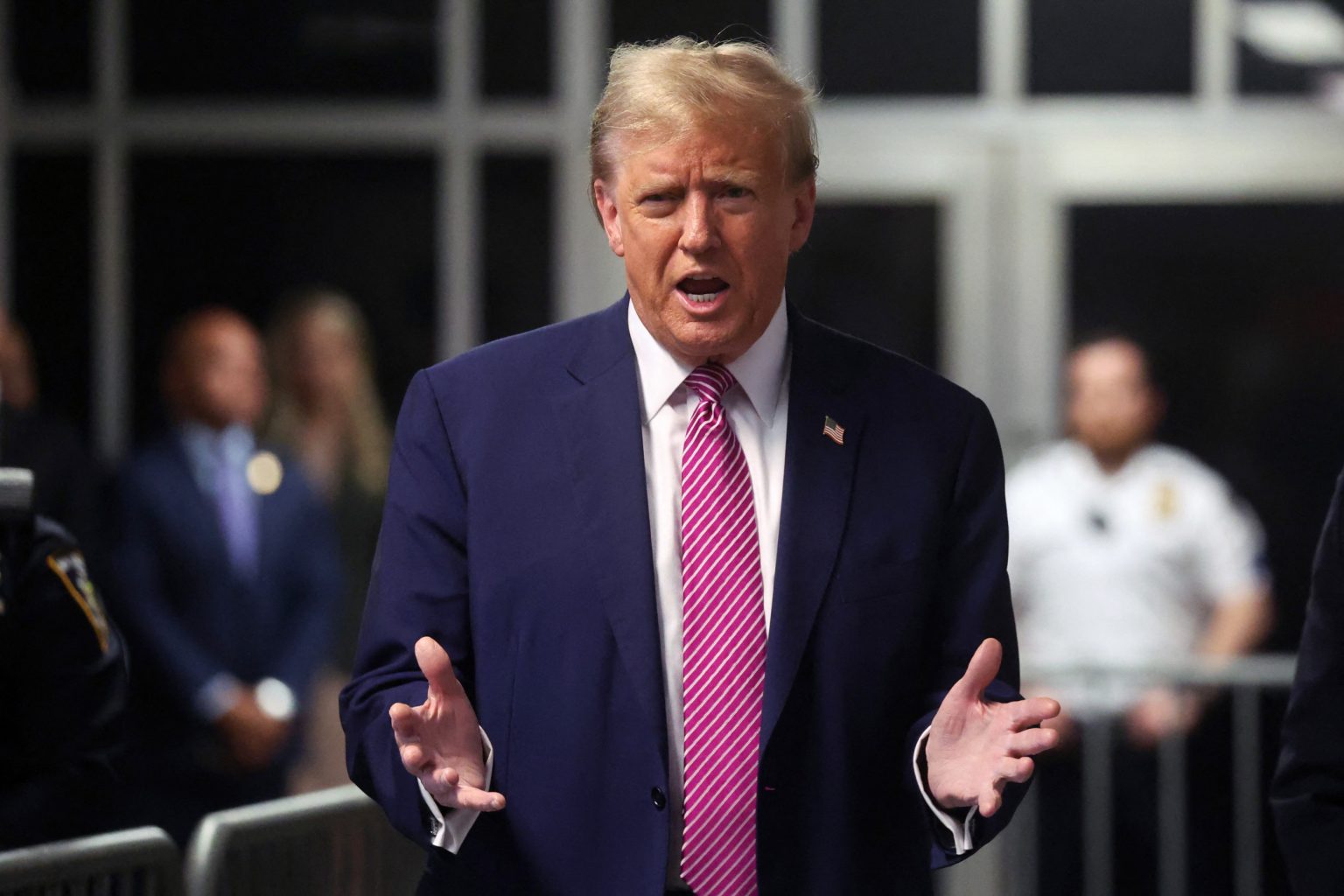Legal analyst Alan Dershowitz has warned about newly introduced legislation that would strip felons of Secret Service protection, specifically mentioning former President Donald Trump. The bill, introduced by Representative Bennie Thompson, would terminate Secret Service protection for individuals convicted of state or local felonies. Trump, facing four criminal indictments, became the first former president in U.S. history to stand trial in a criminal case. Dershowitz raised concerns that Democrats want Trump “killed” by removing his protection.
Following an investigation by the Manhattan District Attorney’s office, Trump was indicted in March 2023 on charges related to hush money paid to adult film star Stormy Daniels during his 2016 presidential campaign. Trump has pleaded not guilty to the charges and claimed they are politically motivated. Dershowitz, who was part of Trump’s legal team during his first impeachment in 2020, criticized the legislation, stating that stripping Trump of Secret Service protection could put his life at risk, especially if he were to be incarcerated. Dershowitz also expressed skepticism about the likelihood of Trump being jailed.
The bill, known as the DISGRACED Act, is co-sponsored by eight Democratic representatives and would apply to individuals convicted of felonies punishable by at least one year of imprisonment. Thompson argued that current law does not address how Secret Service protection would be handled for someone like Trump, who might be sentenced to prison. The bill aims to ensure equal administration of justice and address logistical challenges for both the Secret Service and prison authorities. The legislation seeks to remove special treatment for individuals convicted of felonies, including former presidents.
The bill would impact anyone sentenced for a felony who would otherwise have Secret Service protection, according to a source in Thompson’s office. The source emphasized that nobody should receive special treatment, including former presidents. Secret Service protection for presidents, high-level officials, and select family members dates back to 1901 and was expanded to major-party presidential nominees following Senator Robert F. Kennedy’s assassination in 1968. However, independent presidential candidate Robert F. Kennedy Jr., Senator Kennedy’s son, has been denied Secret Service protection multiple times, which he believes is politically motivated.
In March, Department of Homeland Security Secretary Alejandro Mayorkas denied Kennedy Jr.’s request for protection for the fifth time. Presidential and vice presidential candidates, along with their spouses, are typically offered Secret Service protection within 120 days of a general election. The issue of Secret Service protection for high-profile individuals, including former presidents, continues to be a topic of debate and scrutiny. Critics raise concerns about potential security risks and the allocation of government resources, while proponents argue that protecting individuals with historical significance is important for national security. The debate over the DISGRACED Act and its implications for former presidents like Donald Trump reflects broader discussions around accountability, security, and fairness in the legal system.


